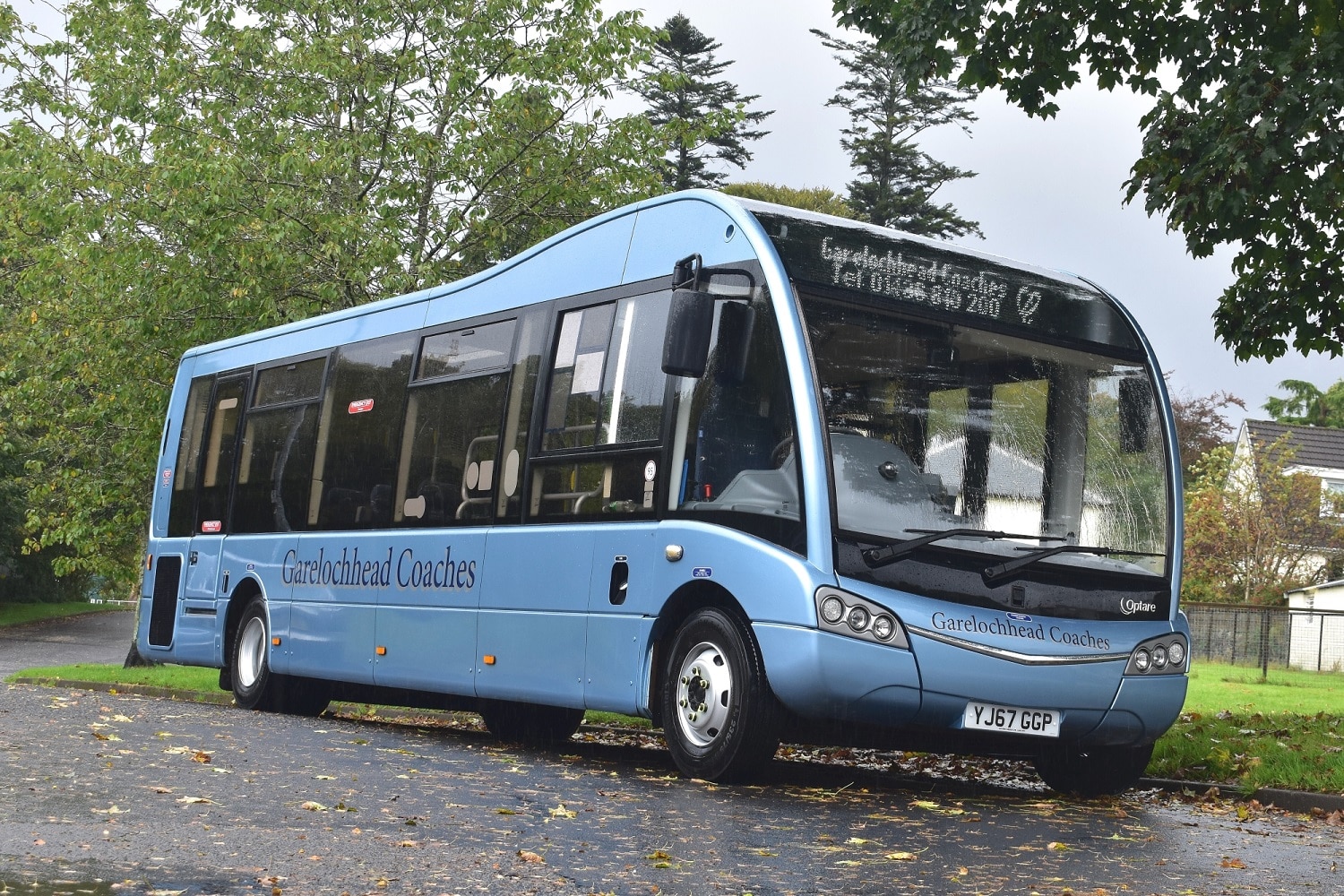The journey towards decarbonising the UK coach and bus fleet unfolds one minute with commendable strides and in another with stumbling blocks.
On one hand, the government announcement on Friday of £143 million in funding through the Zero Emission Bus Regional Areas scheme (ZEBRA2) signals a promising leap forward, especially for rural areas. It coincided with the first rubber-on-asphalt public demonstrations of Alexander Dennis’ in-house electric buses, that — especially in the case of the Enviro100EV — promise an application for virtually every operator.
UK bus operators continue to embrace these greener public transport solutions, with Stagecoach and Transdev Blazefield leading the charge with substantial orders for the new models.
But as anyone will tell you, the path is not without its pitfalls.
The Scottish Zero Emission Bus (ScotZEB2) challenge fund’s last round paints a starkly different picture, with its high rate of rejected bids still the source of murmurs among industry. Rumours and disappointment are rife, and there seems to be no shortage of manufacturers and operators anxious for an official announcement to make sense of it all.
A perceived retreat of the Scottish Government from supporting zero-emission transport initiatives raises questions about the uniformity of commitment across regions. Such a discrepancy would not only underscore the challenges in policy and funding alignment but also casts a shadow of uncertainty over the future of zero-emission transport in certain areas.
Amid that backdrop, it’s been heartening to see operators like Ember taking matters into their own hands, seeking private investment to fuel ambitious expansion plans — with an overwhelmingly positive response from investors.
That shift towards self-reliance is a stark reminder of the complexities involved in transitioning to a zero-emission future at a time when politicians in some areas are calling on central government support to fund franchising ambitions.
We applaud the advances and grapple with the setbacks. It’s clear that the road to zero-emission public transport is both promising and precarious.
The collective endeavour of governments, operators, and private investors is what will ensure that the vision of a cleaner, greener public transport network becomes a reality across the whole of the UK, and not just in select regions.



























